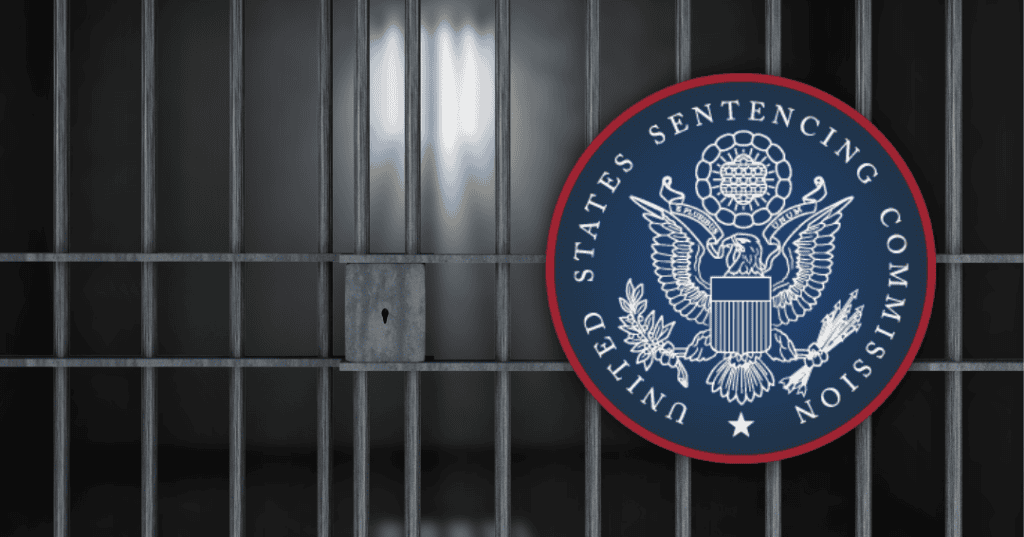Cases
Broadway v. U.S.
CASE SUMMARY
Did we achieve our litigation objective? No, the client’s challenge to his sentence was unsuccessful.
Court Outcome: The Supreme Court denied certiorari.
Larger Impact: Stinson deference (judicial deference to the U.S. Sentencing Commission’s commentary to the U.S. Sentencing Guidelines) continues to increase defendants’ sentences in violation of the principle that Congress must specify criminal penalties.
Summary: Mr. Broadway challenged the lower court’s use of “Stinson deference” to sentence him as a “career offender” based on language in interpretive commentary issued by the United States Sentencing Commission that was absent from Sentencing Guidelines themselves.
NCLA asked the Court to rule that judges must not defer to the Commission’s views when interpreting a Guideline, especially when doing so would widen the scope of a Guideline or lengthen a defendant’s sentence.
Throughout his case, Mr. Broadway has maintained that the application of Stinson deference to brand and punish him as a career offender under the Guidelines violated the rule of lenity and Supreme Court precedent. NCLA agrees and contends that the rule of lenity dictates that courts cannot defer to an agency’s interpretation of an ambiguous criminal rule.
NCLA argued in its briefs that the growing circuit split on how the Court’s 2019 decision in Kisor v. Wilkie limited Stinson deference has led to unjust inconsistencies in sentencing nationwide. The rule of lenity requires courts to interpret ambiguities in favor of criminal defendants. Under Kisor, courts must apply traditional tools of statutory construction—like lenity—before resorting to deference. The Broadway case deserved the Supreme Court’s attention because of a circuit split on whether lenity precedes Stinson deference.
Deference to an agency’s interpretation of its own rules is unconstitutional—particularly in cases with criminal penalties. Stinson deference can unjustly force people to spend more time in prison than Congress required, which raises serious due-process and separation-of-powers concerns. A judge’s deferring to one of the parties before the court exhibits a bias that violates due process too. Stinson also commands federal judges to abandon their duty to provide independent judgment in violation of Article III and the judicial oath.
NCLA asked the court to grant Mr. Broadway’s petition along with then-pending petitions in Tabb v. U.S. and Lovato v. United States, which presented substantially similar issues of how and when Stinson deference is appropriate or whether it must be overturned as unconstitutional.
RELEVANT MATERIALS
NCLA FILINGS
PRESS RELEASES
NCLA Asks Supreme Court to Eliminate or Limit Judicial Deference to Sentencing Commission
April 7, 2021 | Read More

